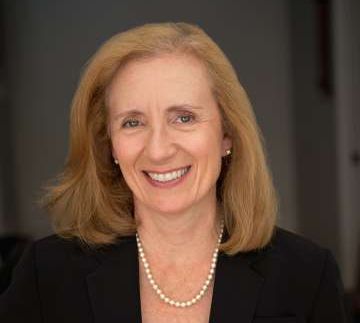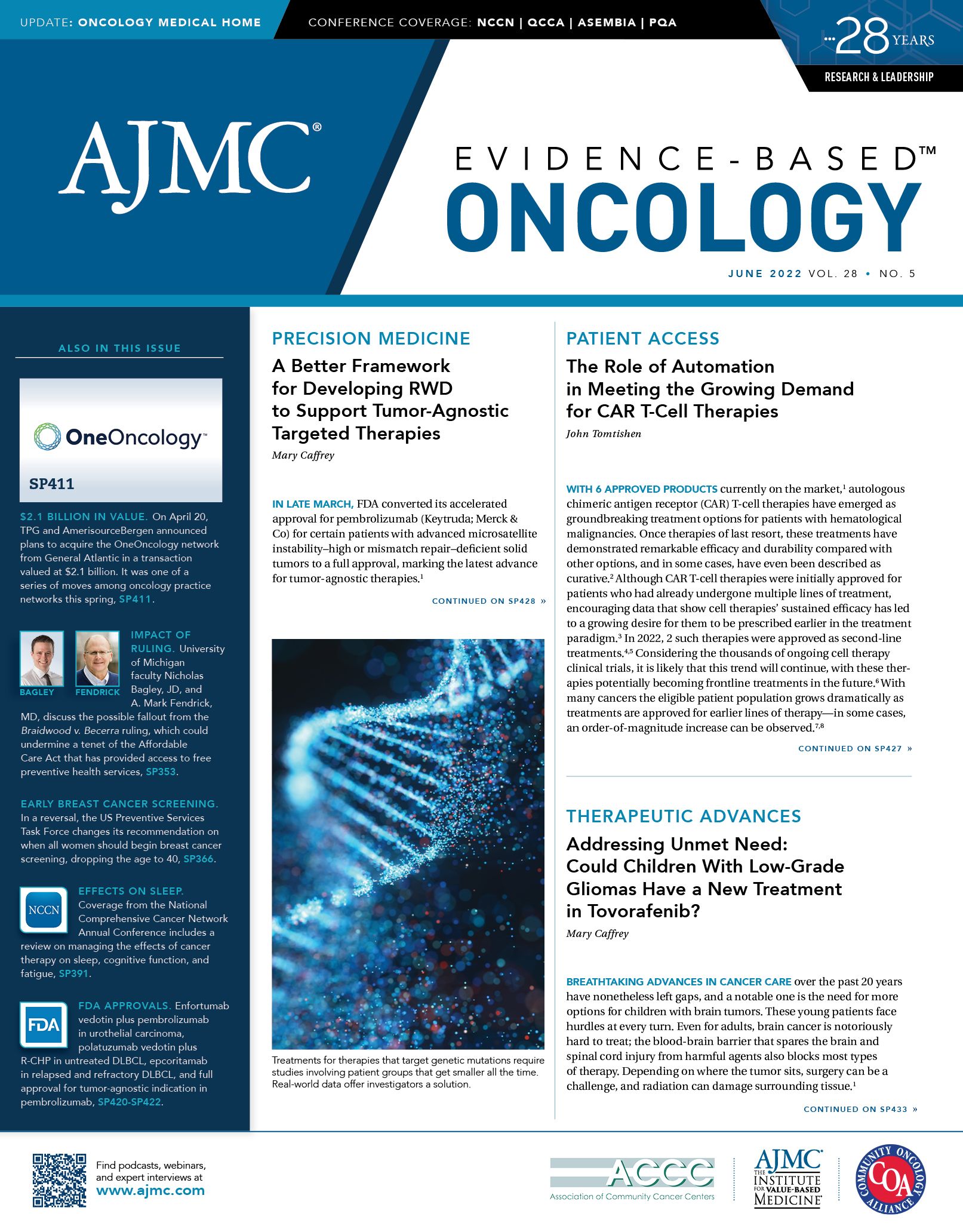- Center on Health Equity & Access
- Clinical
- Health Care Cost
- Health Care Delivery
- Insurance
- Policy
- Technology
- Value-Based Care
In Reversal, USPSTF Draft Recommendation Calls for Breast Cancer Screening at Age 40
The task force was motivated by a gap between in breast cancer deaths between Black and White women.
The US Preventive Services Task Force today issued a draft recommendation calling for breast cancer screening to start at age 40 in all women, which would reverse the current recommendation for screening to start at age 50 for women at average risk.
Moved by an uptick in breast cancer in younger women and especially by the sizable gap in deadly breast cancer between Black and White women, the USPSTF changed course to shift the recommendation age for starting mammograms for all women down to age 40.
After skin cancer, breast cancer is the second most common cancer diagnosis among US women; after lung cancer, it is the second most common cause of cancer death.
The statement calls for women to be screened every other year starting at age 40 and assigned the recommendation a B grade, which means the service is recommended and there is “high certainty the net benefit is moderate, or there is moderate certainty that the net benefit is moderate to substantial.”
The USPSTF statement, said that although the task force, “has consistently recognized the lifesaving value of mammography, we previously recommended that women in their 40s make an individual decision about when to start screening based on their health history and preferences. In this new recommendation, the task force now recommends that all women get screened starting at age 40. This change could result in 19% percent more lives being saved.”
Mangione

“New and more inclusive science about breast cancer in people younger than 50 has enabled us to expand our prior recommendation and encourage all women to get screened every other year starting at age 40,” Carol Mangione, MD, MSPH, immediate past USPSTF chair, and chief of Internal Medicine and Health Services Research at UCLA Health, said in the statement. “This new recommendation will help save lives and prevent more women from dying due to breast cancer.”
The USPSTF said Black women are 40% more likely to die of breast cancer than White women and more likely to develop deadly breast cancer at younger ages. More research is needed to understand the reasons for this disparity, the statement said. “Ensuring Black women start screening at age 40 is an important first step, yet it is not enough to improve the health inequities we face related to breast cancer,” USPSTF vice chair Wanda Nicholson, MD, MPH, MBA, associate dean for Diversity, Equity, and Inclusion at the Milken Institute for Public Health at George Washington University, said in the statement with the draft.
Nicholson

“In our draft recommendation, we underscore the importance of equitable follow up after screening and timely and effective treatment of breast cancer and are urgently calling for more research on how to improve the health of Black women.”
Under the Affordable Care Act (ACA), preventive health screenings that receive a recommendation of A or B from the USPSTF are covered by most health plans without cost-sharing. Recommendations for breast cancer screenings have shifted back and forth, with the desire to catch cancer early weighed against potential harms of aggressive screening. Current recommendations already called for women who are at high risk for breast cancer, due to family history or other factors, to be screened at younger ages.
The draft recommendation calls for more research into whether women with dense breasts should have additional screening with breast ultrasound or MRI, as well as the benefits or harms of screening women aged 75 or older.
Today’s draft recommendation applies to cisgender women and other people who are assigned female at birth, according to the USPSTF.
The task force will accept comments on the draft recommendation through June 5, 2023. The final recommendation will be published in JAMA.

